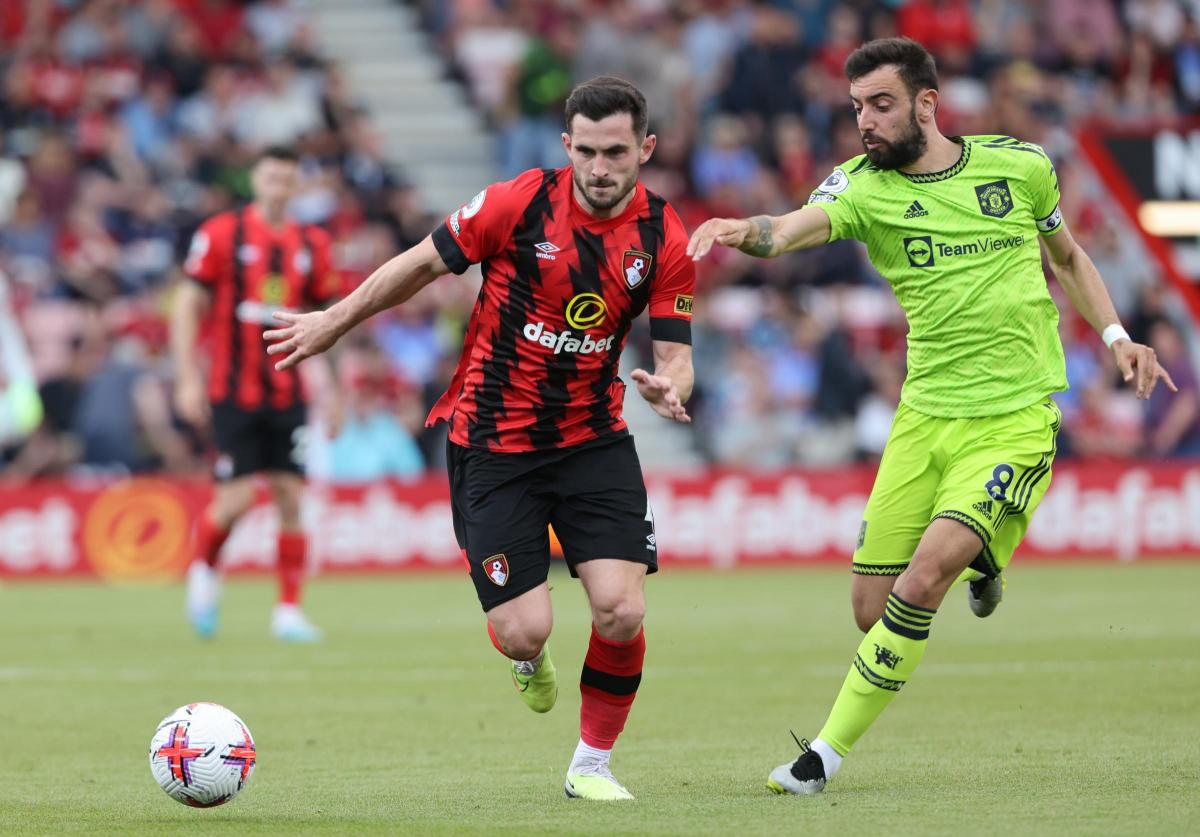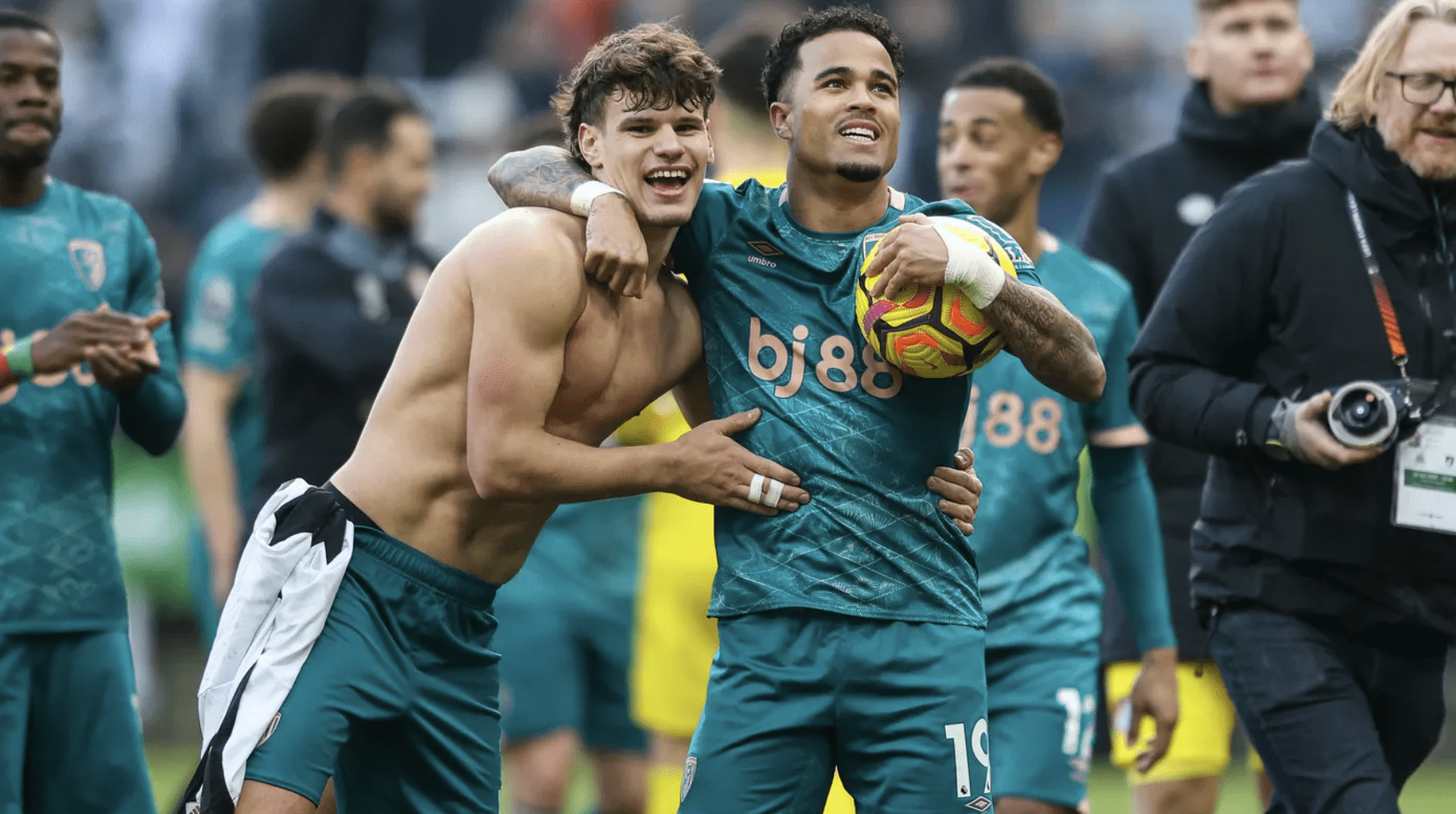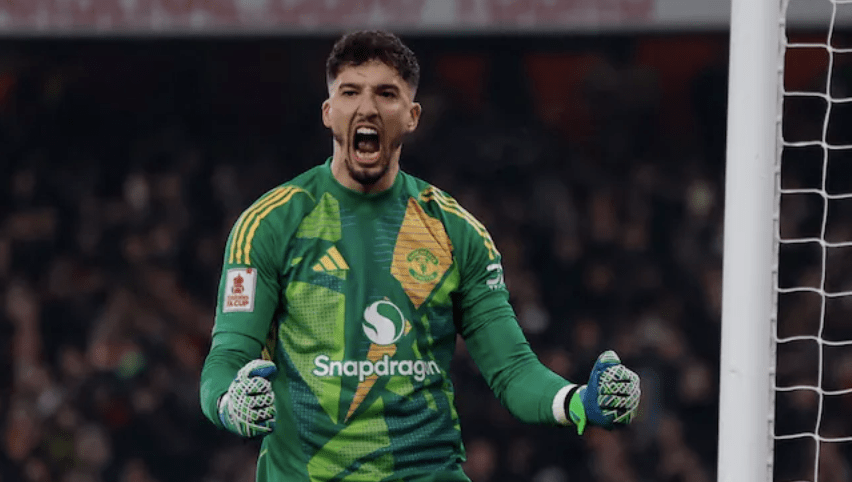
Beyond the Beautiful Game: Supporting mental fitness in football
2 min read

We all love football but beneath the crowd’s roar and dazzling footwork lies a hidden challenge that’s often left unspoken: Mental health and its impact on fans, players, coaches, and everyone involved.
This #MentalHealthAwarenessWeek, we at Rezzil want to shine a light on the emotional rollercoaster that footballers experience, particularly when faced with setbacks like injuries.
The emotional rollercoaster of injuries
Imagine dedicating your childhood to honing your skills, dreaming of packed stadiums and electrifying goals. Football becomes your world, a constant source of dedication and passion. Then, in a single, agonising moment, an injury strikes. A tackle gone wrong, a twist of the ankle, or a miscalculated jump can shatter that world in an instant.
The initial shock of the injury can be paralysing. The pain may be immediate, but it’s quickly overshadowed by a wave of negativity. The realisation of the long road to recovery sets in – weeks, months, or even a year of grueling physiotherapy, missed games, and the constant worry of whether they’ll ever return to their peak performance.
This emotional rollercoaster is a harsh reality for many footballers. It’s not just about the physical pain, but the crushing weight of disappointment, frustration, and even anger. The fear of losing their place on the team, of letting their teammates down, and of falling behind competitors can be overwhelming.
Lewis Cook: A voice for many
In the video we shared on socials this week, AFC Bournemouth midfielder Lewis Cook offers a powerful and relatable glimpse into this emotional struggle. He speaks with honesty and vulnerability, sharing his experience of the immediate reaction to his injury, the shock, and the dread that followed. His story resonates with countless players who have faced similar situations. The wave of negativity he describes – the feeling of hopelessness and frustration – is a common thread throughout the experiences of injured footballers.
Lewis Cook’s bravery in speaking out highlights the importance of acknowledging the mental toll injuries take on these athletes. By bringing this often-hidden challenge to light, we can begin to create a more supportive environment for players dealing with setbacks, both on and off the pitch.
Building resilience beyond the pitch
Footballers are elite athletes, honed to peak physical condition. But mental fitness is just as crucial for navigating the demanding world of professional football. Equipping them with these tools is just as important as physical training. Here are some ways we can build resilience beyond the pitch:
- Destigmatising mental health: Mental health challenges are just as common as physical injuries. Open conversations about anxiety, depression, or the emotional toll of setbacks are crucial to break down the stigma. Normalise seeking help from therapists or counselors, just like you would for a sports psychologist or physiotherapist.
- Promoting mindfulness practices: The mental game of football is a constant battle against pressure and self-doubt. Techniques like meditation and deep breathing can be powerful tools. Meditation helps players develop focus and emotional regulation, while deep breathing exercises can be used in high-pressure situations to manage stress and stay calm. These practices can also improve sleep quality, promoting overall well-being and recovery.
- Building a support system: A strong support system is a cornerstone of resilience. This includes a supportive coaching staff that prioritises mental well-being alongside physical training. Encouraging open communication within the team allows players to share their struggles without judgement. Team bonding activities and fostering a positive team spirit can create a safe space where players feel comfortable expressing themselves. Additionally, providing access to qualified mental health professionals can equip players with personalised strategies to manage stress and build mental fitness.
How Rezzil can help
Rezzil’s immersive VR training platform can play a valuable role in building mental fitness for footballers:
- Stress management in high-pressure situations: Rezzil can create realistic training scenarios that simulate the pressure of game situations. Players can practice staying calm and focused under pressure, building resilience for real-world matches.
- Visualisation and mental rehearsal: VR allows players to visualise themselves performing successfully in different situations. This mental rehearsal can improve confidence and focus, leading to better performance on the pitch.
- Injury recovery: Rezzil can be used for safe and controlled rehabilitation exercises, allowing players to stay mentally engaged during recovery. VR training can also help reduce anxiety and improve motivation throughout the recovery process.
Join the conversation
By prioritising mental well-being alongside physical fitness, we can create a healthier and more supportive environment for everyone. This isn’t just about the players – it’s about fostering a culture of open communication, empathy, and support within the entire football community.
Resources
Here are some resources in the UK to help you if you’ve been impacted by any of the issues mentioned, or if you’re looking for additional support and information about mental health and sports:
- Mind: The leading mental health charity in England and Wales, offering information and support services.
- Sporting Wellness: A charity dedicated to addressing the mental health challenges faced by current and former athletes in the UK. They offer support programs, resources, and training for athletes and those involved in the sports industry.
- The Football Association (FA): Resources and support information specifically for footballers and those involved in football at all levels in the UK.
Additional mental health resources for athletes, coaches, and the video games community:
- My Energy Game: This organisation, formed by a UEFA Pro License Coach, a qualified psychologist, and an experienced Academy Coach, offers support programs for professional and grassroots athletes and coaches to improve their mental well-being and performance.
- PlayerCoach360: This 24/7 platform provides behavioural profiling, personal resilience training, and educational resources to help athletes, coaches, and parents understand themselves better and optimise performance.
- Safe in Our World: This mental health charity specifically focuses on the gaming industry, offering support, information, and resources for gamers and developers.
Share this article

Related news
Consetetur sadipscing elitr, sed diam nonumy eirmod.



